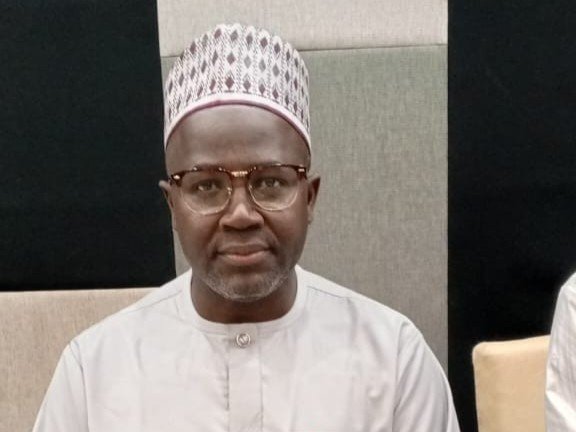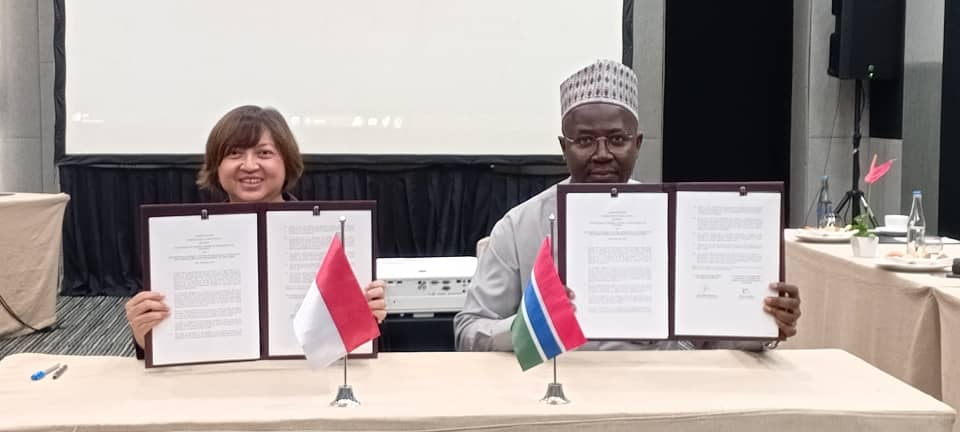In a bid to improve access to climate finance and strengthen resilience in the agricultural sector, the Economic Community of West African States (ECOWAS) is hosting a three-day capacity-building workshop in Dakar, Senegal, from July 29 to 31.
The workshop brings together government experts, regional stakeholders, and organizations to enhance their ability to access international climate funds, utilize climate data, and integrate climate issues into national and regional agricultural priorities.
The event follows persistent challenges faced by ECOWAS Member States in securing sufficient climate financing. Despite increasing needs, only $3.3 billion was received between March 2019 and June 2022 out of the $239.8 billion outlined in revised Nationally Determined Contributions (NDCs) for climate actions by 2030 — a gap that, if unaddressed, will see only 13% of required funds covered by the end of the decade.
Acting Executive Director of the ECOWAS Regional Agency for Agriculture and Food, Mohamed Zongo, emphasized the urgency of scaling up international funding absorption: “The inadequacy of domestic finance must lead to mobilizing and strengthening capacity to utilize available international funds for climate action.”
Colonel Thialaw Sarr, speaking on behalf of the Senegalese Minister for Environment and Ecological Transition, urged regional cooperation to meet the mounting climate challenges. These include frequent extreme weather events such as floods and droughts, which threaten food security, water access, and socio-economic development across West Africa.
According to the African Development Bank, climate change could cost the continent $50 billion annually by 2040, with GDP losses of up to 30% by 2050, especially in agriculture and infrastructure.
The workshop aligns with ECOWAS’s broader climate agenda, including the 2022 adoption of the Regional Climate Strategy and its 2022–2030 Action Plan, as well as the Climate Finance Mobilization and Access Strategy. These initiatives support Member States in fulfilling their Paris Agreement commitments and implementing mitigation and adaptation priorities.
Ultimately, ECOWAS hopes the workshop will foster the development of bankable climate projects, particularly those that meet the Green Climate Fund’s criteria, to bolster agricultural resilience and sustainable development in the region.






